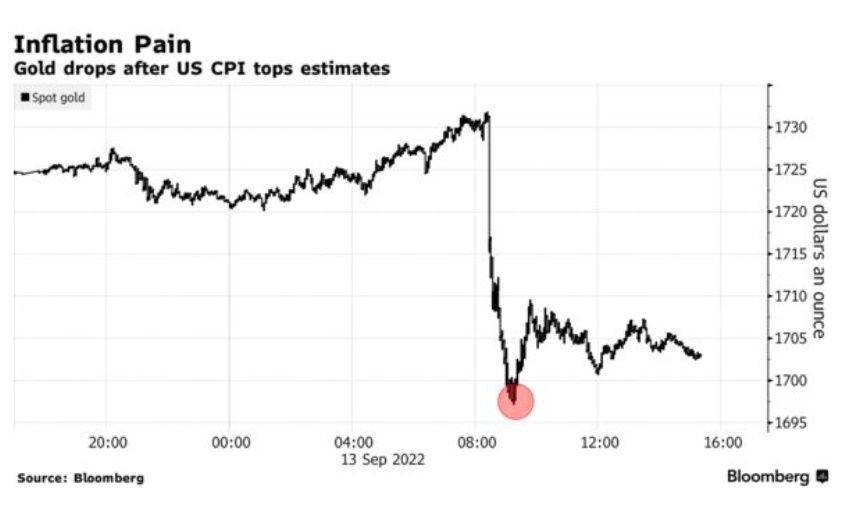Dreyfus Affair: Renewed Calls For Posthumous Promotion 130 Years On

Table of Contents
The Dreyfus Affair: A Recap of the Injustice
The Dreyfus Affair began with a false accusation. Alfred Dreyfus, a Jewish officer in the French Army, was wrongly accused of treason in 1894, based on flimsy evidence and fueled by rampant antisemitism within the military establishment.
The False Accusation:
- The accusation centered around a bordereau (memorandum) allegedly revealing French military secrets to Germany.
- Major Ferdinand Walsin Esterhazy, a fellow officer, was later revealed to be the actual culprit, but a cover-up shielded him.
- The trial was deeply flawed, exhibiting blatant antisemitism and ignoring crucial exculpatory evidence. Dreyfus was convicted based on biased testimony and forged documents.
The Public Outcry and the Role of Intellectuals:
The injustice sparked widespread outrage. Prominent intellectuals like Émile Zola and Georges Clemenceau championed Dreyfus' cause, splitting French society between Dreyfusards (supporters) and anti-Dreyfusards.
- Zola's famous "J'Accuse" letter, published in L'Aurore, ignited public debate and exposed the military's cover-up.
- The affair became a battleground for political ideologies and exposed the deep-seated antisemitism within French society.
The Rehabilitation and its Limitations:
Dreyfus was eventually exonerated in 1906, after years of imprisonment and public humiliation. However, this rehabilitation was far from complete.
- The initial conviction and subsequent suffering left a permanent scar on his reputation and personal life.
- The incomplete nature of justice received, coupled with the lack of a formal apology or reinstatement to his proper military rank, fuels contemporary calls for posthumous promotion.
Arguments for Posthumous Promotion: Why Now?
The renewed calls for Dreyfus' posthumous promotion are not simply about historical revisionism; they represent a crucial act of symbolic justice.
Symbolism and Historical Reckoning:
A posthumous promotion would symbolize a final reckoning with the shameful aspects of the Dreyfus Affair.
- It would be a powerful statement acknowledging the injustice suffered by Dreyfus and the pervasive antisemitism that fueled his conviction.
- This act could help to close a painful chapter in French history, promoting national reconciliation and demonstrating a commitment to combating antisemitism.
- It would send a strong message against hate and intolerance, particularly relevant in the face of rising antisemitism globally.
Restoring Dreyfus' Honor:
The promotion would fully restore Dreyfus' honor and military standing, rectifying the egregious wrong committed against him.
- It would acknowledge the immense damage inflicted on his career and reputation due to the false accusations.
- This would rightfully place Dreyfus' legacy in its proper historical context, free from the shadow of a wrongful conviction.
Modern Relevance and Antisemitism:
The Dreyfus Affair remains strikingly relevant today. Antisemitism and prejudice continue to plague societies worldwide.
- A posthumous promotion for Dreyfus would serve as a powerful reminder of the dangers of unchecked prejudice and the importance of combating hate.
- It would reinforce the message that justice, even posthumous justice, must be pursued for victims of historical injustices.
Counterarguments and Obstacles to Posthumous Promotion
Despite the compelling arguments for a posthumous promotion, certain obstacles remain.
Military Tradition and Hierarchy:
Some may argue that such a promotion would violate military tradition or disrupt established hierarchies.
- These concerns need to be addressed through open dialogue and a careful consideration of the historical context.
Political Considerations:
The issue is politically sensitive, and opposition from certain quarters is likely.
- Potential political ramifications must be carefully navigated, ensuring that the focus remains on justice and historical accuracy.
Conclusion: A Necessary Act of Justice – Supporting Posthumous Promotion for Alfred Dreyfus
The arguments for a posthumous promotion for Alfred Dreyfus are overwhelming. It's a necessary act of justice, a symbolic closure to a dark chapter in French history, and a powerful statement against antisemitism and intolerance. This isn't just about restoring the military rank of a single officer; it's about upholding the principles of justice and fighting against prejudice. We urge readers to learn more about the Dreyfus Affair and to actively support the ongoing efforts to secure a posthumous promotion for Alfred Dreyfus – a crucial step towards achieving Justice for Dreyfus and ensuring that such injustices are never repeated. Join the call for action: #JusticeForDreyfus #DreyfusAffair #SupportDreyfus.

Featured Posts
-
 Europese Aandelen Vs Wall Street Doorzetting Van De Snelle Marktdraai
May 25, 2025
Europese Aandelen Vs Wall Street Doorzetting Van De Snelle Marktdraai
May 25, 2025 -
 Aex Stijgt Markt Herstelt Na Trumps Uitstel
May 25, 2025
Aex Stijgt Markt Herstelt Na Trumps Uitstel
May 25, 2025 -
 The Hells Angels Motorcycle Club A Comprehensive Overview
May 25, 2025
The Hells Angels Motorcycle Club A Comprehensive Overview
May 25, 2025 -
 50 Personnes Une Nuit Les Revelations De Thierry Ardisson
May 25, 2025
50 Personnes Une Nuit Les Revelations De Thierry Ardisson
May 25, 2025 -
 Avoid Memorial Day Travel Rush Best And Worst Flight Days In 2025
May 25, 2025
Avoid Memorial Day Travel Rush Best And Worst Flight Days In 2025
May 25, 2025
